SEO Excellence with ChatGPT: Strategies and Insights for Boosting Your Website’s Performance
ChatGPT made a significant impact on the internet landscape towards the close of 2022. Its creator, OpenAI, is already anticipating revenue exceeding $200 million by the conclusion of 2023, with projections reaching $1 billion by 2024.
The digital marketing community is currently exploring the myriad possibilities that AI unlocks, and within the realm of SEO, numerous intriguing potential applications are emerging.
Despite ChatGPT being in its early stages, it offers many capabilities to enhance your SEO services.
In this blog post, we have curated five of the most potent applications of ChatGPT to bolster the effectiveness of your SEO strategies.
1) Optimizing Meta Descriptions
ChatGPT excels at efficiently processing extensive text inputs and crafting concise summaries. One of the prime applications for this technology is the generation of meta descriptions, which inherently serve as condensed summaries of web pages. Natural Language Processing (NLP) models, like ChatGPT, excel in distilling key concepts from lengthy paragraphs and consolidating them into a concise form.
When instructing ChatGPT to summarize text, you can also provide specific keywords that you’d like it to incorporate into the output. Once you’ve identified the primary keyword(s) for the page you intend to optimize, you can include them in your meta description prompt.
2) Generate FAQs
Instead of manually searching for the most frequently asked questions about your product or service, you can rely on ChatGPT to assist you in this task. By combining ChatGPT’s capabilities with some initial SERP FAQ research and the support of tools such as AnswerThePublic, you can compile a comprehensive list of inquiries to serve as a foundation for your content creation efforts.
3) Enhanced Keyword Research
Start your keyword research by using ChatGPT to generate a list of keywords like your target terms. For example, if you run a Dubai boutique clothing store aiming to boost online presence, ChatGPT can provide alternative keyword suggestions. Keep in mind that while ChatGPT offers insights, selecting the most relevant keywords still requires your judgment. It can, however, spark creativity and guide your SEO strategy in new directions.
4) Thematic Content Creation
After choosing keywords, it’s time to craft optimized content. With ChatGPT, input your keywords, specify the subject matter, and generate content. Be cautious; ChatGPT content may have inaccuracies, and plagiarism risks exist. Use it as a starting point, then refine and personalize it to maintain a unique voice. AI copywriting is evolving, making proficiency with such tools crucial for staying competitive.
5) SEO Content Framework
Utilize ChatGPT to construct an initial webpage structure and possible title based on your selected keywords. This aids your editorial team (or yourself) in writing the full article. While ChatGPT-generated outlines may have flaws, they serve as idea sparks. Adjust instructions or manually edit content to meet specific needs, ensuring it covers essential concepts like Search Volume and Keyword Difficulty. As you become more proficient with the platform, you’ll discover increasingly innovative ways to leverage its capabilities. The future of AI may appear intimidating to some. Still, as marketers, we should wholeheartedly embrace it as a tool to enhance our current SEO services rather than fearing it might eventually replace us.
